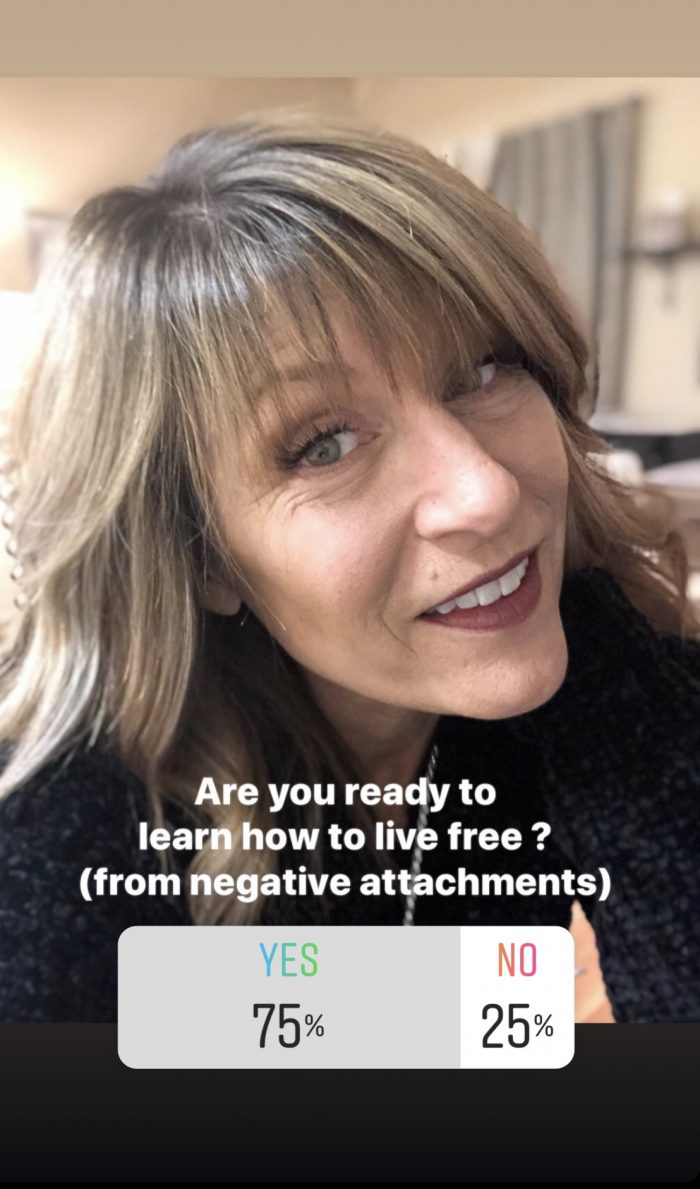Let me ask you something. Have you ever hidden an extra glass of wine from your spouse? What about a shoe purchase? Do you keep the kids out of your purse, so they don’t see your candy stash? How difficult is it for you to let the laundry go for a day? Can you keep your nose out of your sister’s business? Are you unable to let your teenager fend for themselves (you are still making them breakfast, lunch, dinner AND doing their laundry)? Do your young adult children still bring you their laundry and raid your frig for groceries?
I could keep going with examples, but I am sure you are getting the gist of it.
Our perspective of what addiction looks like is remarkably narrow. And what’s even more surprising is that in a world talking about mental health at an increased rate, we still think recovery is only for those folks that fit into some societal image of the down and out.
Addiction and addictive behaviors come in all shapes and sizes. Having an open mind to severity levels is particularly useful. I mean someone that buys a pair of shoes every week for $25 may have a lower severity than the other who spends the equivalent of their mortgage payment on 3 pairs of shoes every month, but a problem none the less, right?
So why wouldn’t the mom who deceitfully drinks two single-serving bottles of wine in the middle of the day 3-4 days a week (and still has 2 glasses in the evening everyone knows about) but still fulfills her mom duties not need some sort of a recovery approach? Why wouldn’t she be considered “addicted” at least to some degree of severity?
I get it, as a parent and a grandparent, it is tough to watch our children spread their wings and move on out into the big world. We worry, sure. And yes, we want to be there to help. But is this helicoptering really doing them a service? Isn’t it our job to model for them, to teach them how to do those things we do for them, for themselves? Isn’t it their life going forward we want them to experience?
With all of this said, understanding the levels of “addiction” severity and identifying who fits where might change the narrow beliefs. If it was easy to understand how the underserved populations, as I have described here, can shift their focus and find relief for their personal struggles, more people would find relief. How freeing it would be for them to learn how to believe that their self-worth is not defined by what they do, their self-esteem doesn’t have to come from some thing outside of themselves, and how making appropriate shifts will reposition their “place” inside their relationships, right?
As a practitioner who focuses on serving the individuals who fit into what can be considered these not so normal faces of addiction, just like my very own personal story, one filled with 30+ years of negative attachment issues, I know firsthand how pivotal it is when you uncover the true issue.
I had to learn how those traumatic experiences from my younger years really made me a champion. I had to learn that my purpose in life was not to fulfill the needs of others at the expense of my own. I had to learn that there was nothing self-soothing about an article of clothing, a sugary treat, or altering my state of being with a chemical substance. I had to realize that nothing could fix my issues except me.
So, I changed the way I perceived just about everything. I modified how I structured my activities. I adjusted the way I communicated. This, of course, meant that if I wanted to really be heard, I had to learn how to truly listen and seek clarity through the power of inquiry.
Probably my favorite part about my recovery is that I still do a lot of things for those that special people in my life, I still shop, I still eat sugary treats, and I even still drink.
What’s the difference? I no longer compromise my needs for others, I am just responsibly flexible. I shop for items needed differently now, I have respected limitations for treats, and my drinks…. well, they are non-alcoholic, but fun and flavorful!
I engaged in a life recovery process that included some pieces from the traditional addiction recovery process, but what was the most life-changing was learning how to actually apply what I truly wanted to experience in my daily living routine.
Let me give you an example; say you receive a text that reads “I can’t believe you did that”, how do you hear that? Does it depend on who sent it? If you would have asked me this question 7 years ago, I would have answered that I heard it as an accusation. I would have been worried someone didn’t like something I did. I may have even become anxious that they would have found out that I did something I didn’t want anyone to know (the extra drinks in the middle of the day, the bucket of brownies I ate, or the exuberant shopping spree).
Today, I hear something worth inquiring further about. Perhaps responding with a “help me understand what you are referring to, I really want to address this appropriately”, because I may have just completed a really cool project, but I am not certain that is what this message is about.
I think the bottom line here is that there is suffering in areas that are just not given the due attention. My problem wasn’t just a chemical addiction to alcohol. That was just a very, very small piece of it. I was addicted to being perceived as “good”. I was addicted to “reward”. I was addicted to hiding. I was addicted to not feeling. I was addicted to “doing” (and so on!!). And I know there are many people that struggle on similar levels.
So, here is my recommendation. If any of this sounds like you, what you need to win is the right life skills. You need to set the right aspirations. And you need to find the right help, someone that speaks your language and has a broader perspective about addiction and recovery than the masses.
Or you can just click away from this and forget everything I have shared. Just know that if you do, you are resolving to stay with your old and tired results.
But if you want to make better choices, experience a daily structure that honors you, learn to say no without saying no, and live free… without feeling punished or restricted, you will look for the support that you deserve. I promise you won’t regret it! And you will be proud of who you see yourself as.


 Share on bsky
Share on bsky





Read 0 comments and reply